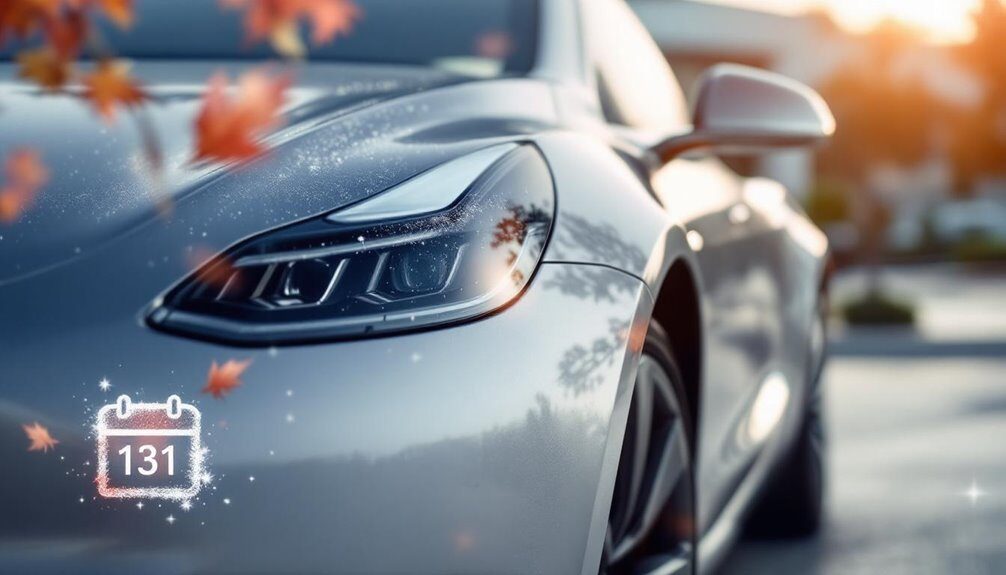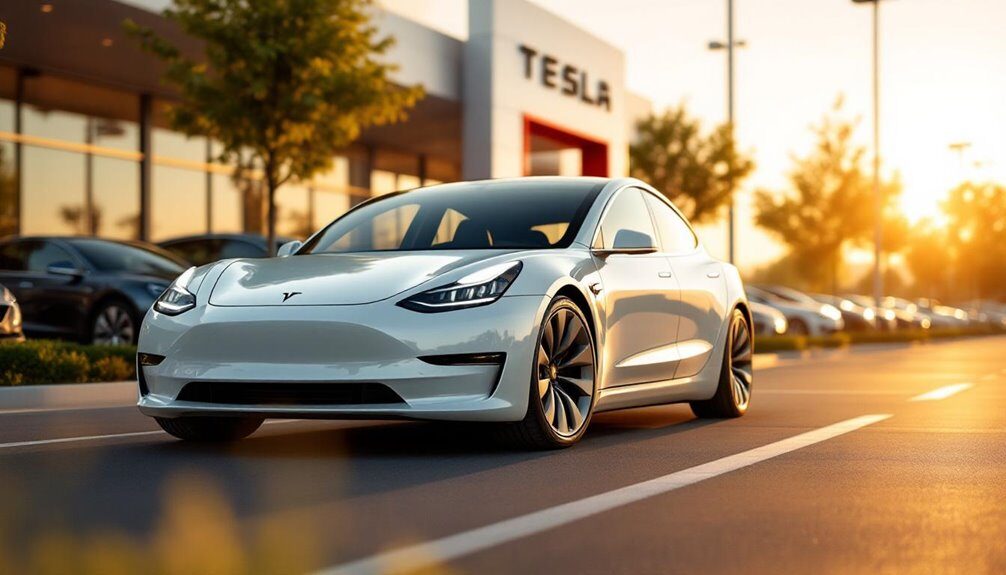You’re looking at roughly £1000 monthly for car payments—if you’re lucky. Essential living costs eat 60–70% of your £5000 salary, leaving little room for error. Cheapest new cars hover around £178,000, financed over 74 months at rates between 7.60% and 14%. Insurance, fuel, and maintenance? They’ll demand another £3200+ monthly. You’ll need solid documentation, stable income proof, and honestly, an emergency fund. The numbers are tight. But they’re doable if you grasp what’s actually involved.
Understanding Your Budget and Affordability Limits
Before you even think about stepping onto a dealership lot, here’s the uncomfortable truth: a R5000 monthly salary means you’re working with tight constraints.
Essential living costs—rent, food, utilities, transport—eat up 60–70% of your income. That’s R3000–R3500 gone before you blink. You’re left with maybe R1500–R2000 for everything else. Car payments should ideally not exceed 20% of your net income, which puts you at around R1000 monthly. Tight? Absolutely.
Essential costs consume 60–70% of your R5000 salary, leaving you R1500–R2000 monthly. Car payments shouldn’t exceed R1000. The maths is brutal but doable.
Add insurance (R500–R1500), fuel, maintenance, tolls—suddenly that R1000 payment looks laughably small. Using a car affordability calculator can help you understand what monthly repayment amount is realistic based on your actual after-tax income and chosen loan terms. The calculator’s disclaimer notes that it provides indication only, not a final binding agreement. Consider exploring flexible financing options available through dealerships like Autobahn Motors to find payment structures that work within your constraints. Dealerships with experienced teams and a focus on customer commitment can guide you through finding solutions tailored to your specific financial situation.
You’re also expected to keep 3–6 months of living expenses as emergency backup.
The maths is brutal. But it’s doable if you’re honest about what you can actually afford.
Exploring Vehicle Options Within Your Price Range
So what’s actually out there for someone making R5000 a month? Good news: you’ve got legit options.
The market’s flooded with affordable rides that won’t drain your bank account.
Here’s what you’re working with:
- Toyota Vitz and Suzuki S-Presso both hover around R178,000–R178,900. Cheapest new cars available. Period.
- Tata Tiago 1.2 starts at R184,900 with a punchier engine—more grunt than the tiny competitors.
- Suzuki Celerio comes in at R188,900. Proven reliability. Budget segment favourite.
Manual transmissions dominate this price bracket, keeping costs down.
Five-speed options are standard. You’re not getting fancy automatic gearboxes here, but honestly? These stripped-down models do the job.
They’re fuel-efficient too. The 1.0-litre 3-cylinder engines across most of these models are engineered specifically for budget buyers looking to minimise running costs.
City driving, commuting, errands—they handle it all without crying for premium fuel.
For those seeking professional guidance on vehicle financing and purchasing, dealerships like Autobahn Motors offer financing options and enquiries through established banking partners to help make these affordable vehicles even more accessible.
Navigating Financing Terms and Interest Rates
You’ve found the cars. Now comes the real talk: interest rates.
Here’s the thing—South Africa’s benchmark rate’s projected to hit 6.00% in 2026, down from today’s 6.75%. That’s good news. Lenders are offering rates anywhere from 7.60% to over 14% annually, depending on your credit profile. Yeah, it’s a range. A big one.
Vehicle finance terms are stretching too. Average loan duration hit 74 months in mid-2025. Longer terms mean lower monthly payments, which sounds great until you realise you’re paying for years. But that’s the trade-off when you’re earning R5000 monthly—you need manageable instalments. Regular scheduled maintenance services will help ensure your financed vehicle remains reliable throughout the loan period.
Processing fees still exist, though some lenders are waiving them. Check what you’re actually paying. Interest rate alone doesn’t tell the whole story. When you’ve secured financing and purchased your vehicle, quality parts and maintenance from reputable suppliers will help protect your investment long-term.
Preparing Documentation for Loan Approval
When you’re ready to apply for vehicle finance on a R5000 salary, lenders aren’t going to take your word for it—they’ll want documentation. You’re basically proving you’re not a flight risk. Here’s what you’ll need to gather:
- Valid South African ID (green barcoded), driver’s licence (front and back), and proof of residence under three months old
- Last three months of payslips showing stable income
- Credit report to assess your payment history
- Proof of full motor insurance for the loan term
Consistency matters. Your name, address, and details must match across everything.
Lenders pull credit reports and verify documents to stay compliant. Missing or unclear paperwork? Application delays or rejection. Get organised now. Once you’ve secured your vehicle, professional tyre inspections and maintenance will help keep your investment in prime condition and extend its lifespan.
Once you’ve secured your vehicle, remember that routine maintenance services will keep your investment in prime condition and extend its lifespan. The faster you submit clean documentation, the faster you’re driving.
Managing Total Vehicle Ownership Costs
Beyond the monthly loan instalment, owning a car on a R5000 salary means juggling fuel, insurance, maintenance, and repairs—basically everything that makes vehicle ownership real.
A small saloon’ll drain about R67,000 yearly in fuel alone. Insurance runs roughly R950 monthly. Then there’s routine maintenance: oil changes, brake checks, tyre rotations averaging R2,259 monthly for hatchbacks. Unexpected repairs? They’ll blindside you. That’s not even counting licensing and registration fees. Stack it all together and you’re looking at serious money beyond that loan payment. Regular brake maintenance is crucial for stopping power and avoiding costly emergency repairs down the line. For reliable service when repairs do occur, experienced technicians can diagnose and fix issues efficiently to minimise downtime.
A mid-size SUV? Forget it—you’re hitting R137,000 annually in fuel before touching anything else. The maths gets brutal fast when you’re stretching R5000.



